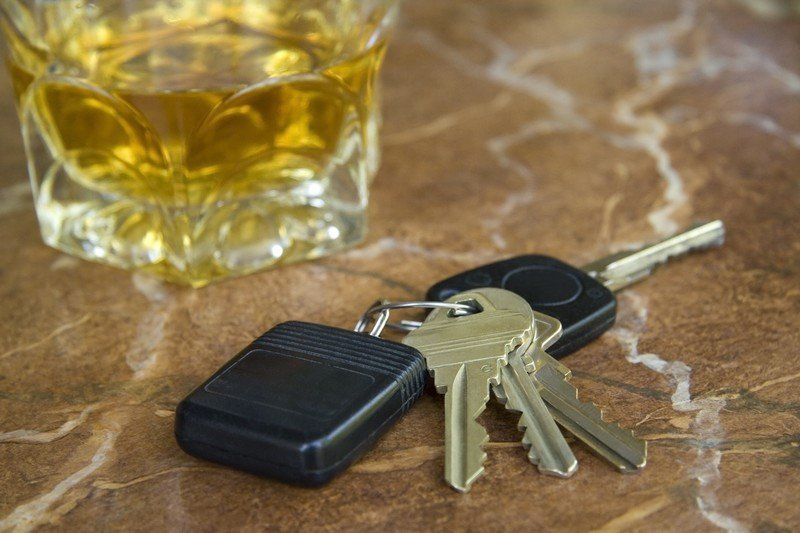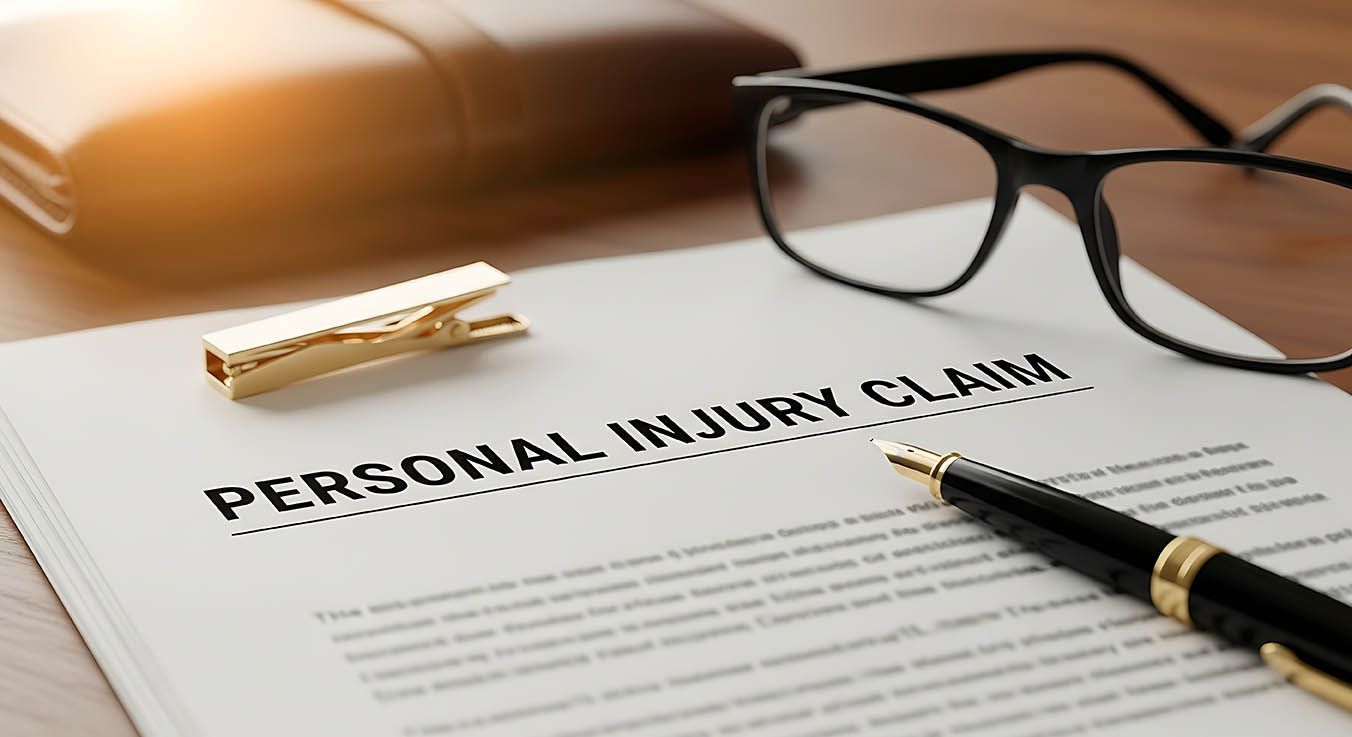BLOG
Is There a Difference Between OWI and DUI Charges?

It’s never anybody’s goal to get pulled over when they’ve been drinking, but poor judgment can get the best of you sometimes, and land you in legal hot water. When we reference intoxicated driving, the terms OWI and DUI are often used interchangeably. This produces some understandable confusion about whether there’s a difference between these offenses, and if so, what it is.
The Difference Between an OWI and a DUI
OWI and DUI are both acronyms used in reference to drunk driving. A person who is charged with a DUI is accused of driving while intoxicated. A person who is charged with an OWI is accused of operating while under the influence. While there are slight differences in definition between the two, most states use one or the other, but not both in defining their drunk driving laws.
For instance, the state of Iowa issues an OWI charge, which casts a wider net than simply driving while under the influence. In Iowa, it is illegal to drive while under the influence but it is also illegal to operate a motor vehicle with its engine running, regardless of motion. An intoxicated person sitting behind the wheel of a car with the engine running may be charged with an OWI, even if they never move the vehicle.
Other states, like Nebraska, apply laws to the DUI standard. In Nebraska, it is illegal to be found in actual physical control of a motor vehicle with a blood alcohol of .08 or if you are determined to be under the influence. A person may be deemed to be under the influence of drugs or alcohol if their ability to operate a vehicle is impaired to a reasonable degree.
OWI and DUI Penalties
Regardless if your state follows OWI or DUI laws, the penalties for being charged with either offense can be severe. In some cases, there may be leniency offered for a first-time offender, but this is becoming a rare exception in the courts. Penalties for a first-time offense may include fines, jail time, license suspension, and rehabilitation programs.
If you’ve been charged with an OWI or DUI and it isn’t your first offense, you can expect much harsher sentencing. It’s important that you contact an OWI lawyer immediately to discuss your case and potentially minimize the penalties you’re facing.
Your OWI Attorney in the Siouxland Area
Drunk driving laws vary by state, which can make it more difficult to understand where you stand if you’re facing an OWI or DUI charge – especially if you’ve crossed the border from your home state when the incident occurred. You need an attorney by your side who’s experienced in handling charges just like the one you’re facing.
We’re here to provide you with legal representation against OWI charges in the Siouxland area. You shouldn’t fight charges of drunk driving alone, especially when an experienced attorney who can defend your case is just a phone call away. If you need legal representation, contact Fitch & Stahle Law Office today.


